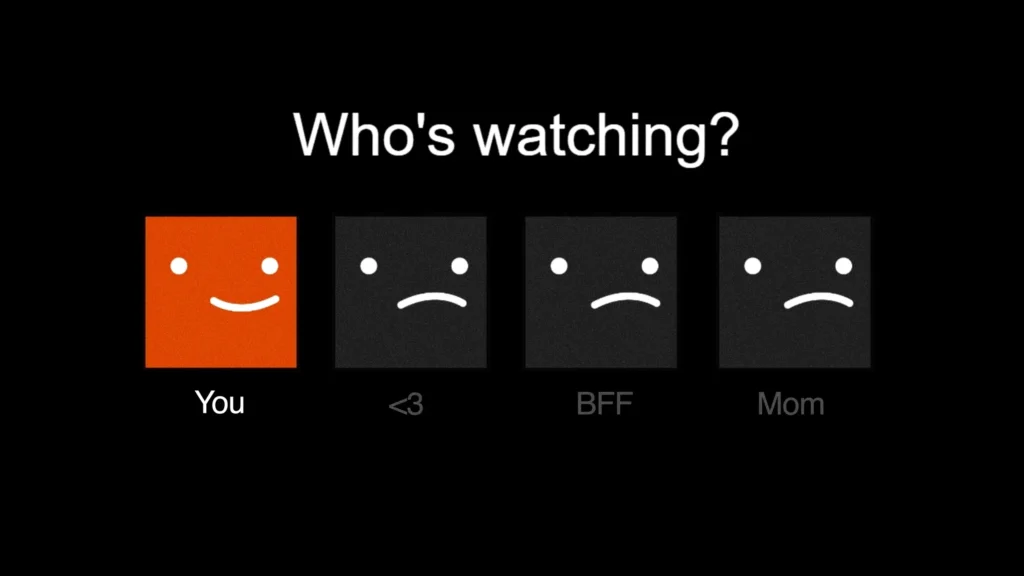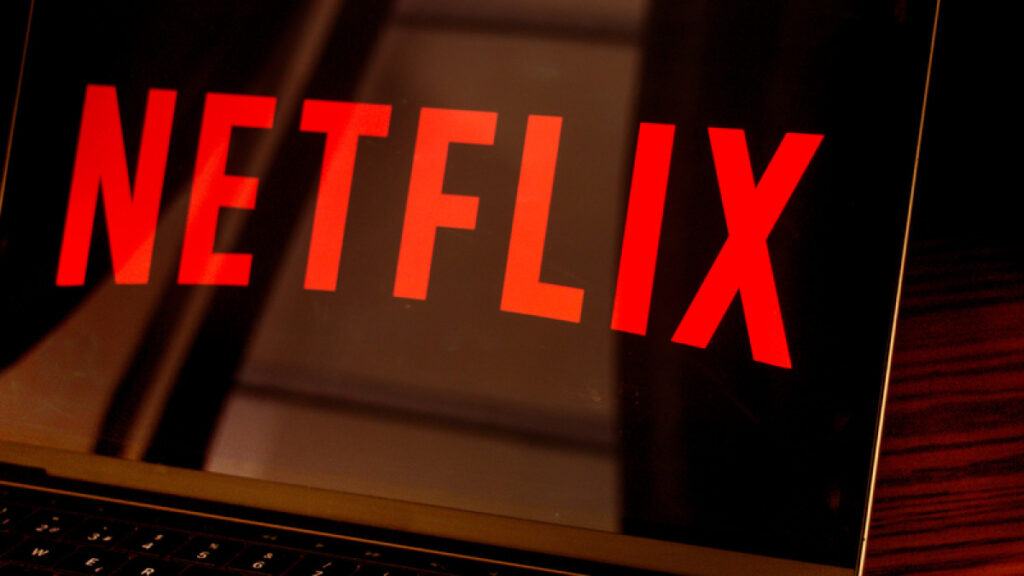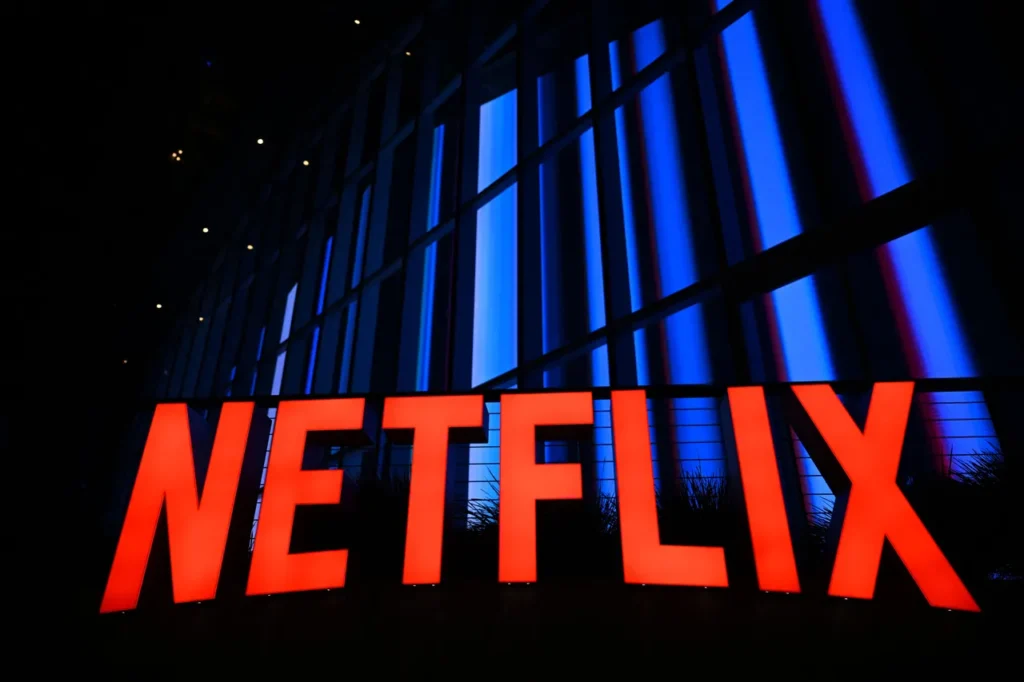When it comes to entertainment, Netflix has become a household name, offering a vast library of movies and TV shows at our fingertips. But with great convenience comes the temptation to share passwords with friends and family, allowing them to access the streaming service without their own subscription. However, Netflix is now taking a stand against password sharing, leaving many wondering when this practice will come to an end. In this article, we will delve into Netflix’s plan to combat password sharing, compare it with other streaming platforms, and explore the implications of this move. Join us as we unravel the mysteries behind Netflix’s implementation plan and the possible outcomes it may bring. Get ready to discover the future of password sharing on Netflix.
Delving Deeper into the Culture of Netflix Password Sharing

password sharing
Netflix, the streaming giant, has long been synonymous with the practice of password sharing. This phenomenon has been so widespread that it has become a cultural norm. Friends, family members, roommates, and even far-flung relatives have been sharing Netflix accounts, accessing a world of entertainment at a fraction of the cost. In fact, it’s safe to say that for many, Netflix has been a communal experience, a digital hearth around which people gather, albeit virtually.
However, the winds of change are blowing. Earlier this year, Netflix initiated a crackdown on password sharing, setting the stage for a seismic shift in how the platform is accessed. This move was first seen in several countries, including Canada and Spain, and was interpreted as a harbinger of a more global change.
Indeed, the prediction was accurate. On May 23, the company announced that it would extend this crackdown to the United States, the heartland of its user base. This decision is part of a broader strategy to eliminate paid password sharing, a move that could potentially impact millions of users.
The move is indicative of Netflix’s intent to ensure that each user pays their fair share for the service. While this might seem like a strict approach, it’s important to remember that the company has to balance its financial health with user accessibility. As the cost of producing original content continues to rise, Netflix needs to ensure that it is generating enough revenue to support its ambitious growth plans.
However, the decision to crack down on password sharing has not been without controversy. Many users view this as a betrayal, a departure from the communal spirit that has long been associated with the Netflix experience. Yet, it’s clear that the company is determined to move forward with this strategy, setting a precedent that other streaming platforms may soon follow.
While the era of Netflix password sharing may be drawing to a close, it’s important to remember that this is part of a larger evolution in the streaming industry. As companies continue to search for ways to remain profitable in an increasingly competitive market, we may see more changes in the future. For now, though, it’s clear that Netflix is leading the charge.
Decoding Netflix’s Strategy to Curb Password Sharing

netflix
Netflix, in a bold move to ensure fair usage, has embarked on a mission to curb password sharing by implementing a system that scrutinizes user locations and restricts a single Netflix account to one household. This transformative step implies that users will need to designate a specific location as their primary residence for their accounts. A unique blend of technology and policy, this system employs parameters such as IP addresses, device IDs, and account activity to discern a ‘household.’
Netflix’s definition of a ‘household’ extends beyond the traditional sense. It’s not just about blood relations or family ties; it’s about a specific geographical location – be it a house, an apartment, or a building. The idea is to restrict the usage of a single account to people residing within these defined boundaries. This innovative approach to defining a household is a testament to Netflix’s commitment to evolving with the changing dynamics of the digital world.
Once this system is fully operational, it will fundamentally alter how non-residents access a Netflix account. They will no longer be able to simply use the login credentials of a friend or family member. Instead, they will need to avail themselves of the Extra Member feature, which allows them to be added to an existing account for an additional fee of $8. This not only ensures fair usage but also paves the way for a new revenue stream for Netflix.
Furthermore, Netflix has restructured its tiered accounts – Basic, Standard, and Premium, with new price tags of $9.99, $15.49, and $19.99 respectively. This price revision, while seemingly steep, is a reflection of the value that Netflix provides to its users with its vast library of content and continuous efforts to enhance user experience. If you liked this post check out does netflix come with xfinity and why did netflix remove free trial?
Netflix’s move to end password sharing is not just a strategy; it’s a statement. It’s a message to the industry and the users that fair usage and sustainability are paramount in the digital streaming world. As the pioneer in this arena, Netflix is setting the tone for the future of streaming services.
Comparison with Other Streaming Platforms

netflix
As it stands, Netflix is carving a unique path in the streaming industry by being the only major platform that restricts password sharing. This bold move has sparked speculation that other streaming giants might soon follow suit to ensure fair usage and sustainability. However, as of now, Netflix’s competitors like Disney+, Hulu, and Max, previously known as HBO Max, continue to embrace the practice of password sharing, thereby allowing their subscribers to share the cost and the content with others.
Similarly, Amazon Prime Video and NBC’s Peacock have maintained a lenient approach towards password sharing. Their policies allow multiple users to share a single account, making it an economical and convenient choice for larger families or groups of friends who wish to pool resources. This shared access not only allows for a communal viewing experience but also helps in fostering a sense of camaraderie among the users.
Other streaming platforms like Crunchyroll and Sling TV have also adopted a similar stance, thereby enhancing their appeal among the audience. They offer flexibility and freedom to their users by permitting them to share their accounts with others, which is a significant factor that contributes to their popularity. If you have any trouble with Netflix find out what to do if netflix is not working and enjoy your favorite shows.
Interestingly, free streaming services like Pluto and Tubi, and freemium services offered by platforms like Sling TV, have effectively eliminated the need for password sharing. They offer a wide range of content that users can enjoy without ever needing to sign up or share passwords, thereby providing a hassle-free streaming experience.
While Netflix’s decision to curb password sharing is indeed a game-changer, it remains to be seen how it will impact its standing in the competitive streaming industry. It’s a high-stakes gamble that could either set a new industry standard or alienate a portion of its user base. Only time will tell if other streaming platforms will follow Netflix’s lead or continue with their existing practices.
Decoding the Impact of Netflix’s Decision on Password Sharing
The online community is buzzing with reactions and predictions following Netflix’s recent move to curtail password sharing. This practice has been synonymous with the Netflix experience for many users, making the new regulations a significant shift in the brand’s strategy.
In a world where Netflix has always allowed a single account to be active at any given time, the hope for many users now lies in the possibility of different subscription tiers. These tiers could potentially offer a range of features designed to accommodate one or more simultaneous streams. However, this is purely speculative at this point, and users are left to wait and see how Netflix chooses to navigate these uncharted waters.
What is clear, though, is the company’s intent to make password sharing less straightforward. Netflix’s plans to implement algorithms capable of identifying unusual activity on an account is a clear signal of this intent. These algorithms could potentially detect when an account is being accessed from multiple locations, a common indicator of password sharing.
With the risk of warnings or even suspensions looming over accounts suspected of sharing passwords, users will need to tread carefully. This could potentially lead to a shift in user behavior, with more people opting to subscribe to their own accounts rather than risk the consequences of password sharing.
In the midst of these changes, creativity may become a crucial survival skill for Netflix users. With the new regulations in place, they might need to find innovative ways to continue sharing their Netflix experience without violating the platform’s rules.
The implications of Netflix’s decision reach far beyond the immediate impact on users. It could potentially reshape the streaming landscape, prompting other platforms to reconsider their own policies on password sharing.
As the dust settles on Netflix’s announcement, one thing is clear – the era of unrestricted password sharing on Netflix has come to an end. The streaming giant’s bold move could potentially be the first domino to fall, signaling a shift towards more stringent password sharing policies across the industry.
As we wait to see how this situation unfolds, the future of password sharing on streaming platforms remains uncertain.
Unfolding Netflix’s Strategy and Potential Implications
Netflix, the pioneer of streaming entertainment, is set to enforce its novel non-sharing rules, specifically targeting its US customer base, by the end of July. This strategic move is driven by the company’s determination to recover potential revenue losses, which is estimated to be caused by approximately 100 million subscribers who share passwords. The magnitude of such losses is believed to be a significant constraint on Netflix’s ability to invest in the creation of new TV shows and movies, thus impacting its content quality and diversity.
Netflix’s recent updates have been explicit in emphasizing that a Netflix account is intended solely for one household use. This statement signifies a clear departure from the previously lax attitude towards password sharing, a practice that has become commonplace among Netflix users over the years. In an attempt to strike a balance, Netflix has provisioned for additional charges for those users who insist on using an account billed outside their household. This move could potentially lead to a surge in individual subscriptions, thereby boosting Netflix’s revenue.
These transformations are not just a policy change; they represent a paradigm shift in the world of streaming services. The ripple effects of this decision are expected to be far-reaching, not just for Netflix, but for the entire streaming industry. It’s a bold move that is likely to spark a chain reaction, compelling other platforms to reconsider their own password sharing policies.
However, the success of this strategy hinges on the response of subscribers and competitors alike. Will subscribers accept the additional charges or will they migrate to other platforms? How will competitors react? Will they seize this opportunity to attract Netflix’s disgruntled users or will they follow in Netflix’s footsteps? The answers to these questions will shape not just the future of Netflix, but the entire streaming industry.
The streaming landscape is evolving, and Netflix’s decision to end password sharing is a testament to this change. Only time will tell how this move will transform the industry and whether it will set a new precedent for streaming platforms worldwide.
FAQ & Users Questions
1. When does Netflix stop password sharing?
Netflix plans to implement the new non-sharing rules for US customers by the end of July.
2. How does Netflix enforce the no password sharing policy?
Netflix checks location and only allows one household to use a single Netflix account. Users will be required to set a primary location for their account. Members of other households can either create their own accounts or be added to the existing account for an additional fee.
3. How can someone outside of the household use a Netflix account?
Someone outside of the household can only use a Netflix account by being added as an extra member for an additional $8. An extra member account is paid for by the main account and has its own password. Extra members are limited to a single profile and screen.
4. Can I still share my Netflix account with family members in the same household?
Yes, you can still share your Netflix account with family members in the same household. Netflix allows one household to use a single account.
5. Are there any additional costs associated with paid password sharing on Netflix?
Yes, there are additional costs associated with paid password sharing. Extra members added to the account for use outside of the household incur an additional fee of $8.
6. Are there other streaming services that allow password sharing?
Yes, there are other streaming services that allow password sharing without any restrictions, such as Hulu, Amazon Prime Video, HBO Max (Max), Disney+, Paramount+, and Apple TV+.
7. Will other streaming services follow Netflix’s example and implement anti-password sharing measures?
It is possible that other companies may follow Netflix’s example and implement anti-password sharing measures, but there is no definitive information available regarding their future plans.
